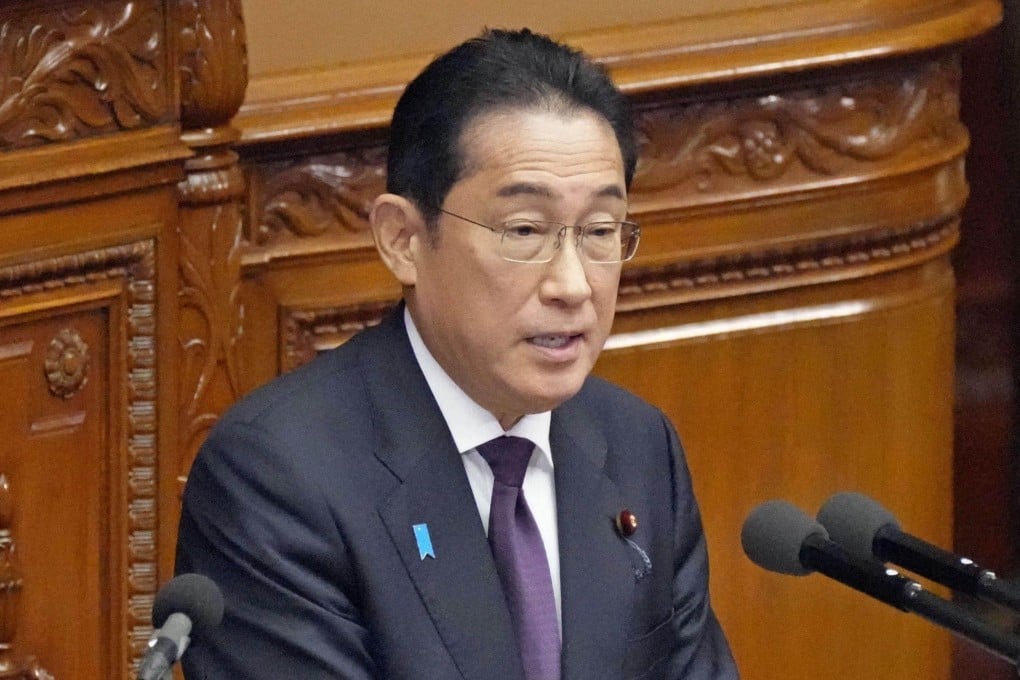Calls grow for Japan’s Kishida to fire minister as Unification Church saga weighs on potential election
- PM Fumio Kishida faces mounting pressure to axe Minister of Education and Culture Masahito Moriyama, after he received support from a group linked to the church in 2021
- But even as Kishida reels from the blow ahead of a potential election, analysts say he is ‘likely to survive’ as the opposition is ‘just not ready to take over’

Kishida is under growing pressure to fire Masahito Moriyama, the minister of education and culture, after it was confirmed that he received support from a group affiliated with the Unification Church during the 2021 election for the House of Representatives. Moriyama’s ministry has jurisdiction over religious organisations.
Moriyama compounded the problem of the church’s influence on Japanese politics – which many in the ruling Liberal Democratic Party (LDP) believed had largely been dealt with last year – by claiming in testimony before the Diet on January 7 that he had not received support from the group, which has come under fire for allegedly pressuring followers to make huge donations.

Moriyama also denied signing any form of agreement with the church to promote its policies, although that denial was undermined when opposition politicians released photos of him holding a document detailing the arrangement.